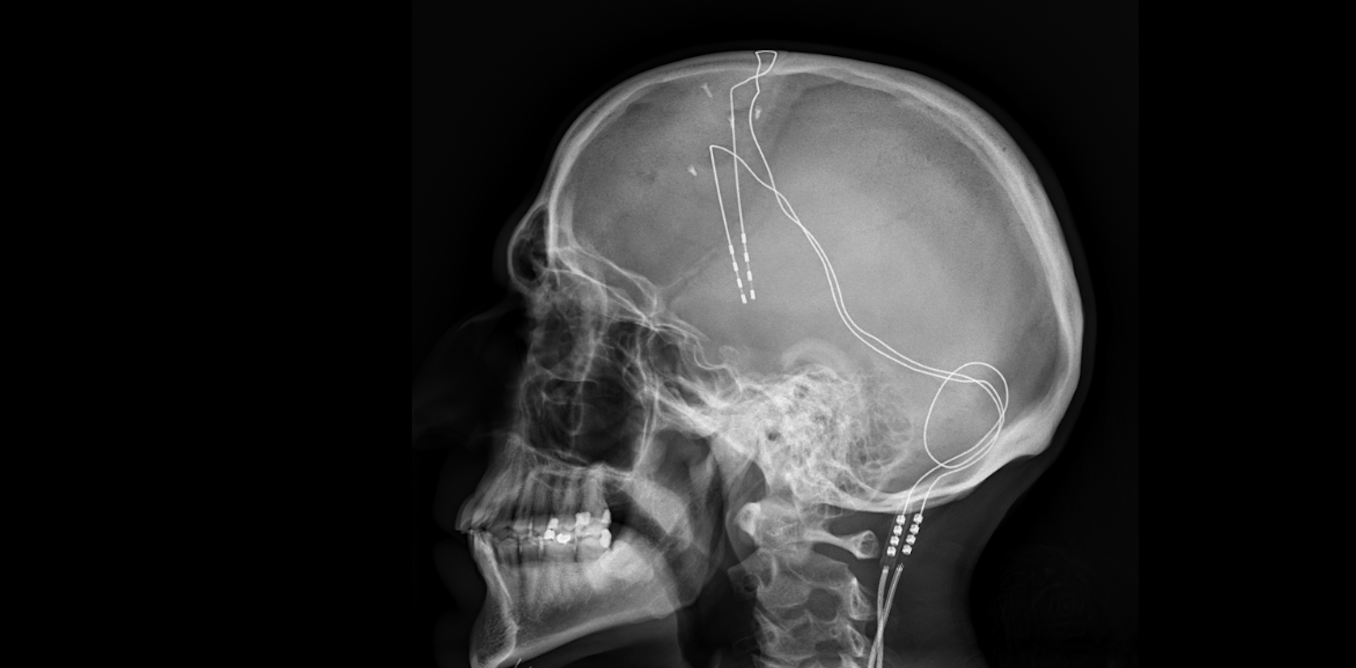Treating mental illness with electricity marries old ideas with modern tech and understanding of the brain – podcast
Deep brain stimulation and trasncranial magnetic stimulation treat mental illness by sending electrical currents into parts of the brain. Every new patient provides researchers with a wealth of information. Listen to The Conversation Weekly podcast.
Nov. 24, 2022 • ~6 min









